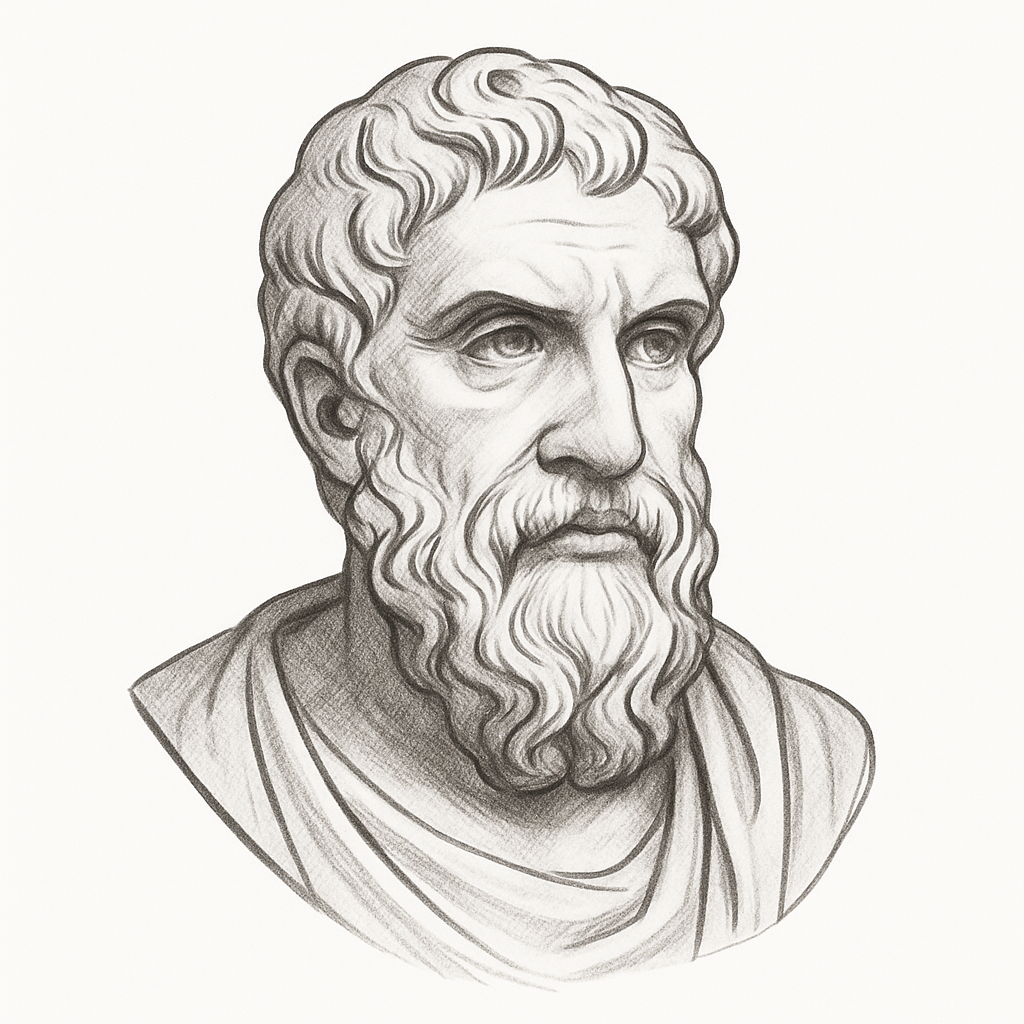How Stoicism Helps You Stop Caring What Others Think
From a Stoic perspective, the concern with others' opinions falls squarely within the realm of externals, which are inherently outside of one's personal control. The Stoic framework asserts that one's well-being and tranquility are derived from internal judgments and actions, rather than from how one is perceived by the external world. To reduce sensitivity to others' opinions involves a systematic reorientation of one's values and focus, prioritizing the internal over the external.
Central to this understanding is the principle that one should stop valuing things outside of your control, especially the opinions of other people (Epictetus, The Discourses, Book 3, Chapter 2). The opinions, praise, or criticism of others are entirely dependent on their individual judgments, preferences, and circumstances, none of which an individual can dictate or alter. Therefore, attaching one's peace of mind to such external variables inevitably leads to distress and a loss of inner freedom (Epictetus, The Enchiridion, Chapter 19). The Stoic path encourages individuals to be indifferent to praise, criticism, and how others perceive you (Epictetus, The Enchiridion, Chapter 48) and to ignore the opinions of others, as they are external and irrelevant to your own moral progress (Epictetus, The Enchiridion, Chapter 50).
To cultivate a state of indifference towards external opinions, several practices are emphasized:
- Focus on Internal Actions and Character: Instead of being concerned with external perception, the focus should be directed towards the integrity of one's own actions and words. Marcus Aurelius advises, "Do not be concerned with how others perceive you; focus only on ensuring your own actions and words are not worthy of contempt" (Marcus Aurelius, Meditations, Book 11). This involves consistent self-reflection and examination of one's conduct, as suggested by Epictetus: "Reflect on your acts. 'Where have I omitted the things which conduce to happiness? What have I done which is either unfriendly or unsocial?'" (Epictetus, The Discourses, Book 4, Chapter 6). The goal is personal improvement through philosophy, not its use as a tool to criticize others (Seneca, Moral Letters to Lucilius, Chapter 103).
- Prioritize Self-Reliance and Introspection: Cultivating a strong internal foundation reduces the need for external validation. This means cultivate self-reliance and introspection rather than seeking validation from a group (Epictetus, The Discourses, Book 3, Chapter 14). Engaging in self-reflection and conversing more with oneself protects one's peace and promotes discretion (Seneca, Moral Letters to Lucilius, Chapter 105).
- Manage Internal Judgments and Interpretations: Sensitivity to others' opinions often stems from one's own interpretation of those opinions and the value assigned to them. Your well-being depends on the quality of your opinions, not on external outcomes (Epictetus, The Discourses, Book 3, Chapter 9). Therefore, a dedicated practice of examining and correcting one's beliefs about the importance of external perceptions is crucial. This involves practice constant self-awareness by questioning how you interpret events and whether you are treating externals with proper indifference (Epictetus, The Discourses, Book 3, Chapter 16).
- Avoid Trivial Conversations: Engaging in gossip or dwelling on the actions and opinions of others can reinforce the perceived importance of these externals. Instead, the practice is to avoid gossip and trivial conversations about external events, focusing instead on your own internal state and judgments (Epictetus, The Discourses, Book 3, Chapter 16). The actions and emotions of others are external and not one's concern (Epictetus, The Discourses, Book 1, Chapter 15).
- Detach from Emotional Distress Originating from Others: It is recognized that others' emotional distress often stems from their own judgments. It is important not to let another person's emotional distress, which stems from their own judgments, become an evil for you (Epictetus, The Discourses, Book 3, Chapter 24), as one's own happiness remains an individual responsibility. Similarly, anger at others can be eliminated by ceasing to value the external things they can influence, understanding that distress arises from one's own attachment, not their actions (Epictetus, The Discourses, Book 1, Chapter 18).
In essence, Stoicism offers a framework for detaching from the opinions of others by consistently reinforcing the boundary between what is within one's control (judgments, intentions, actions) and what is outside of it (others' thoughts, perceptions, and external outcomes). By shifting focus inward and cultivating self-awareness regarding one's own value system, an individual can diminish sensitivity to external opinions and foster greater internal tranquility.
Key Passages
Reflect on your acts. 'Where have I omitted the things which conduce to happiness? What have I done which is either unfriendly or unsocial?'— The Discourses by Epictetus
Disclaimer: Article generated using Memento Vivere AI tool, and is grounded solely in the works of Epictetus, Seneca and Marcus Aurelius. For informational purposes only. Not a substitute for professional advice.
